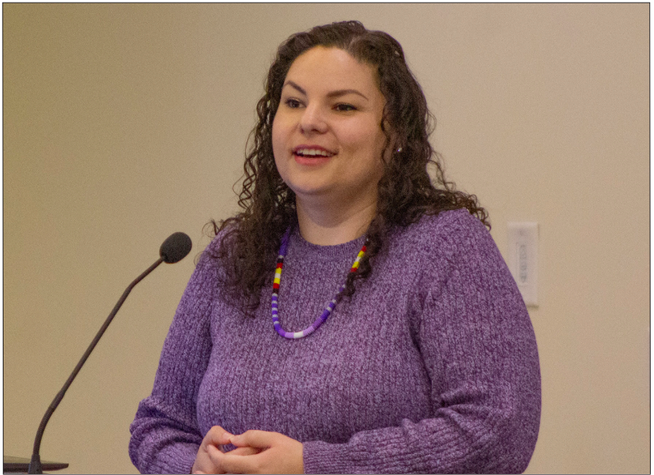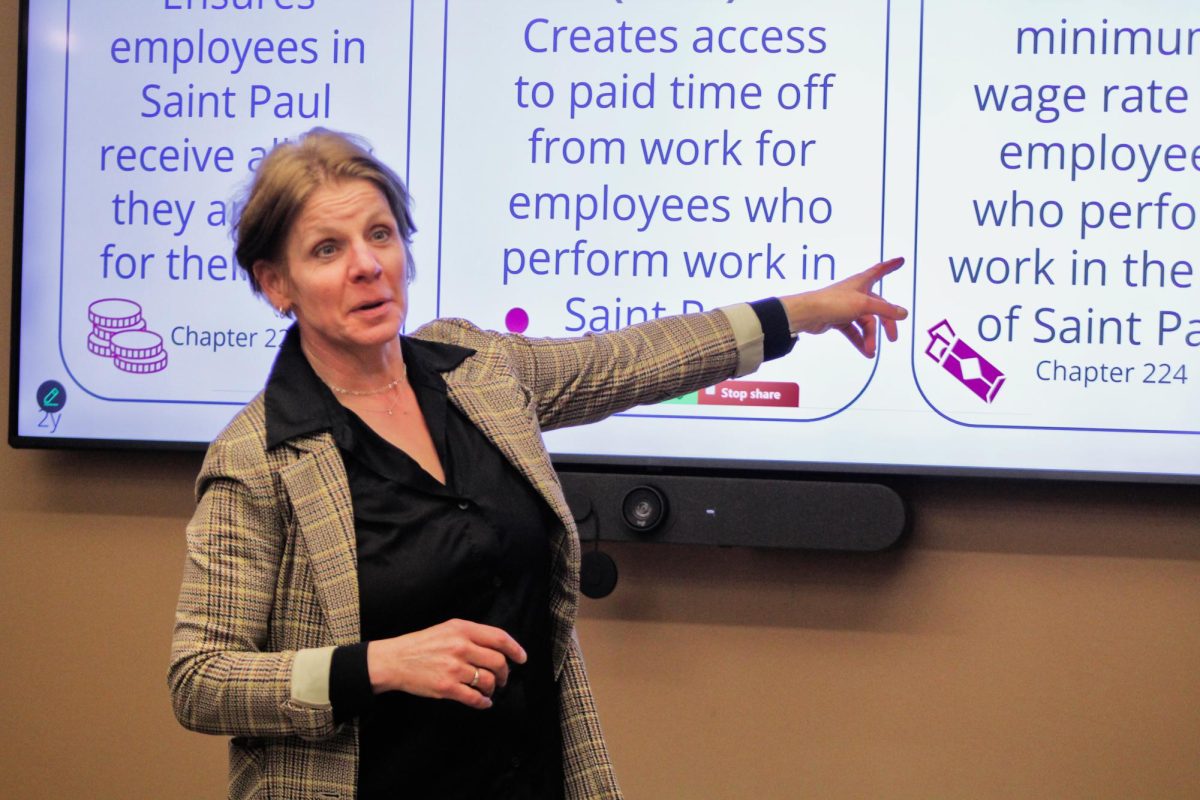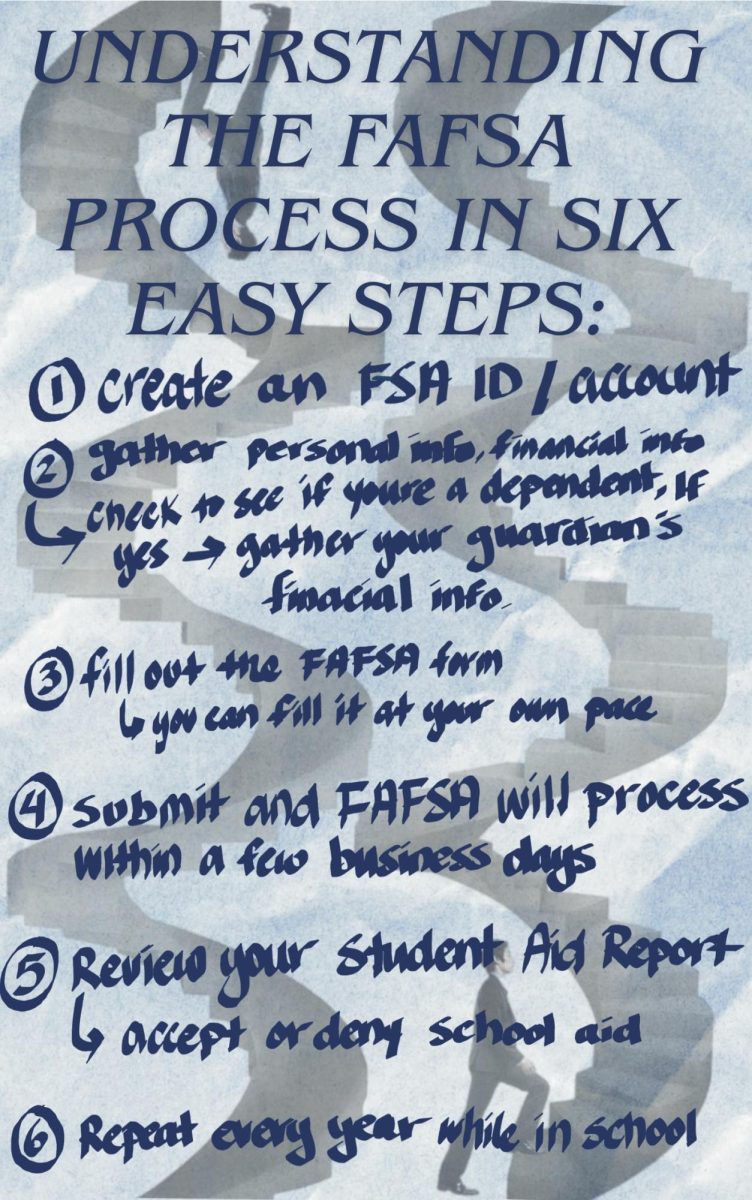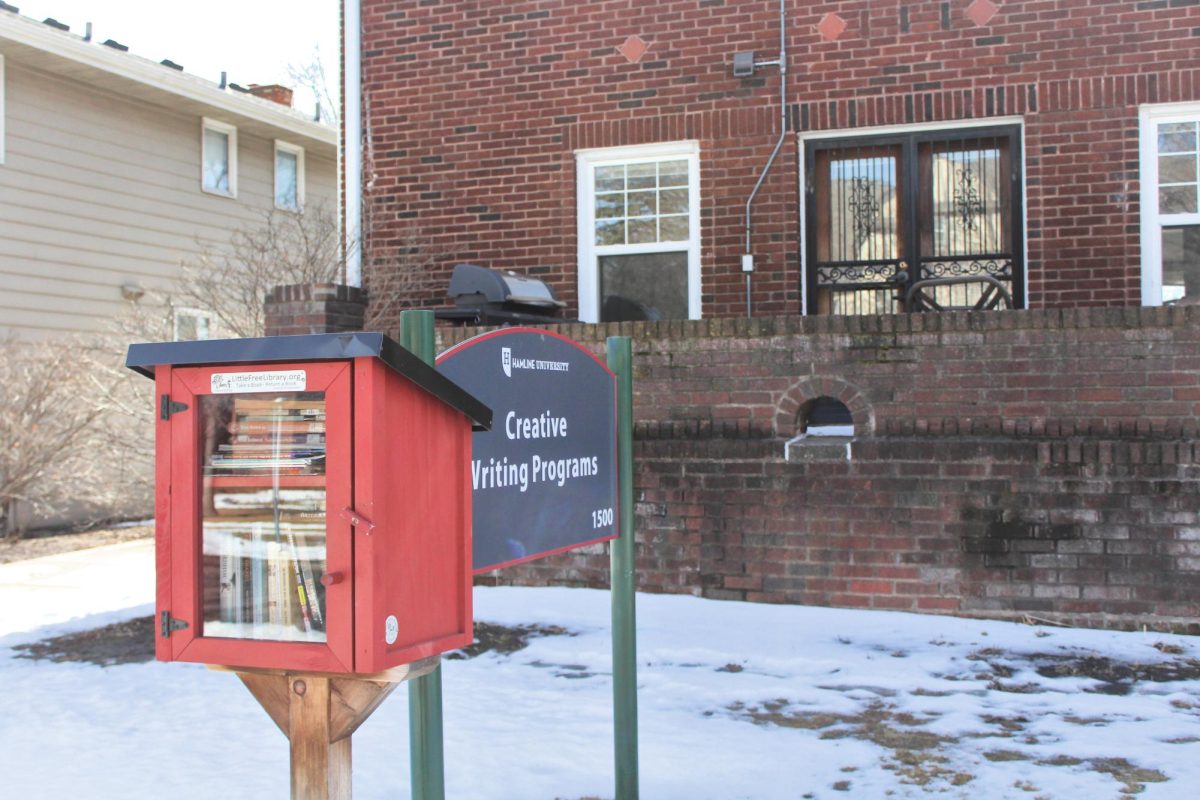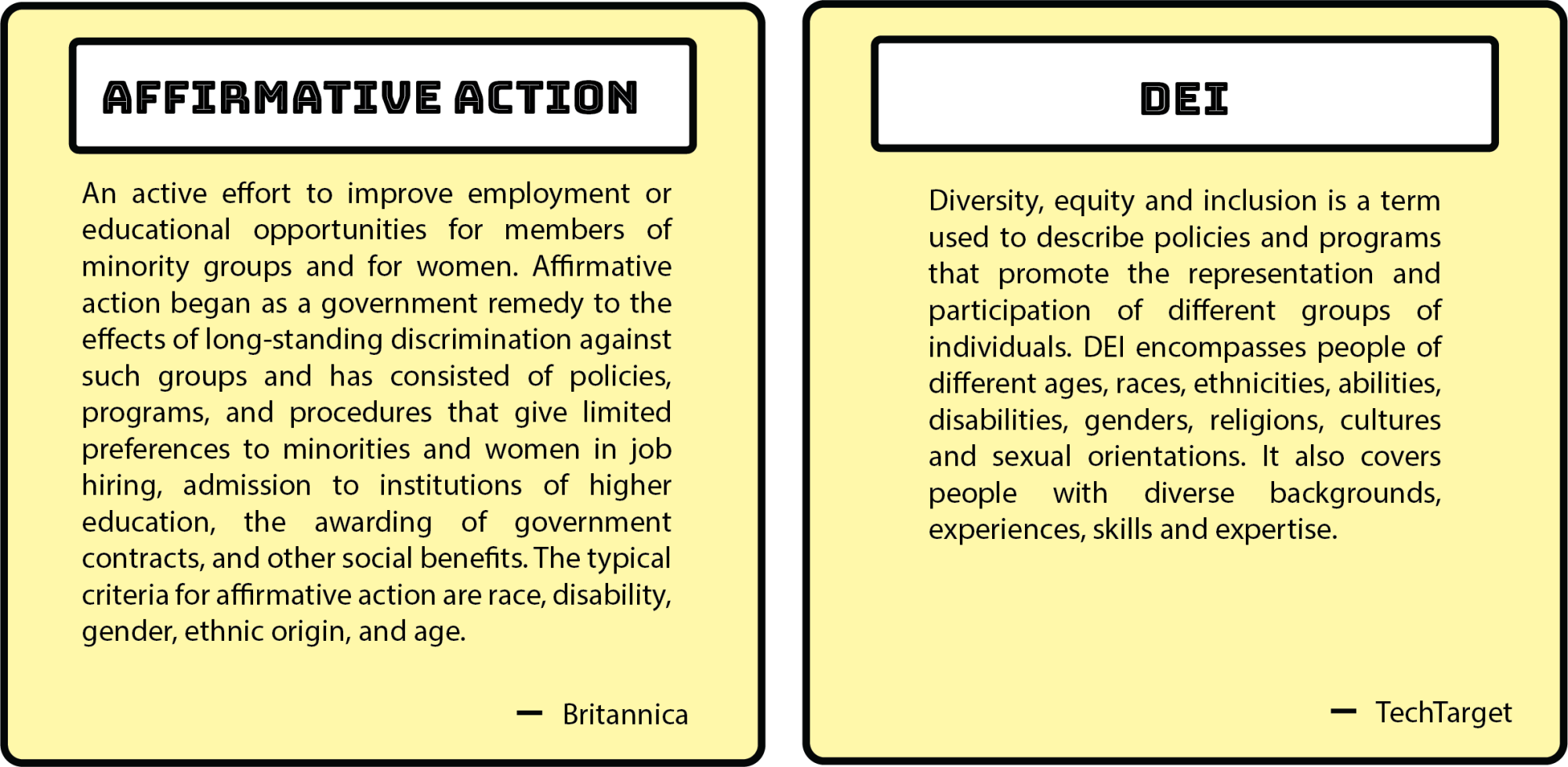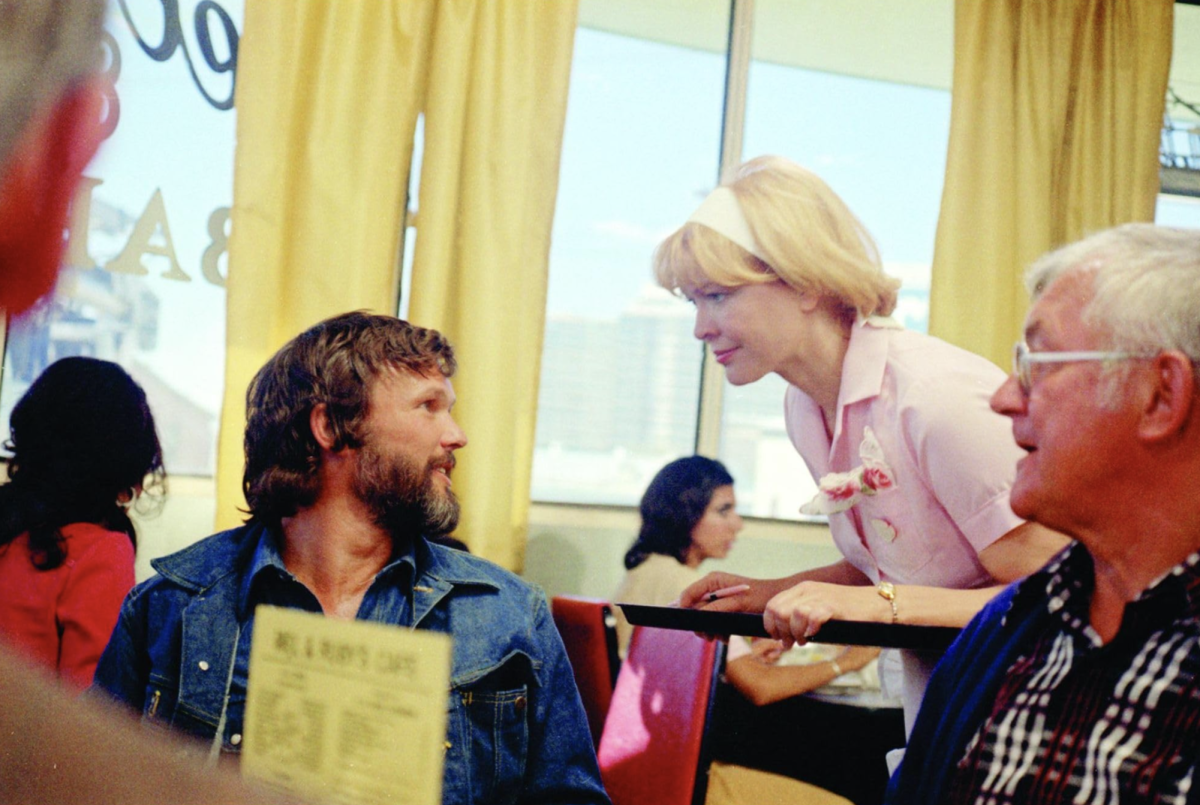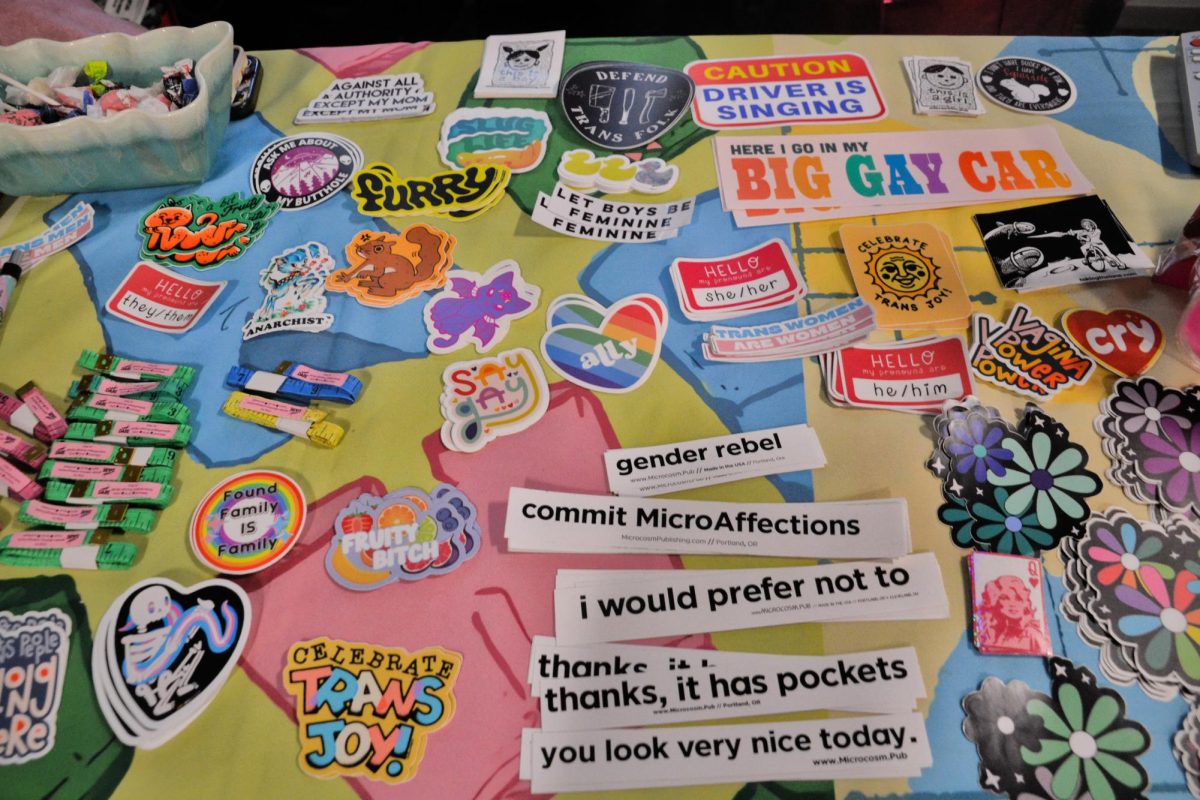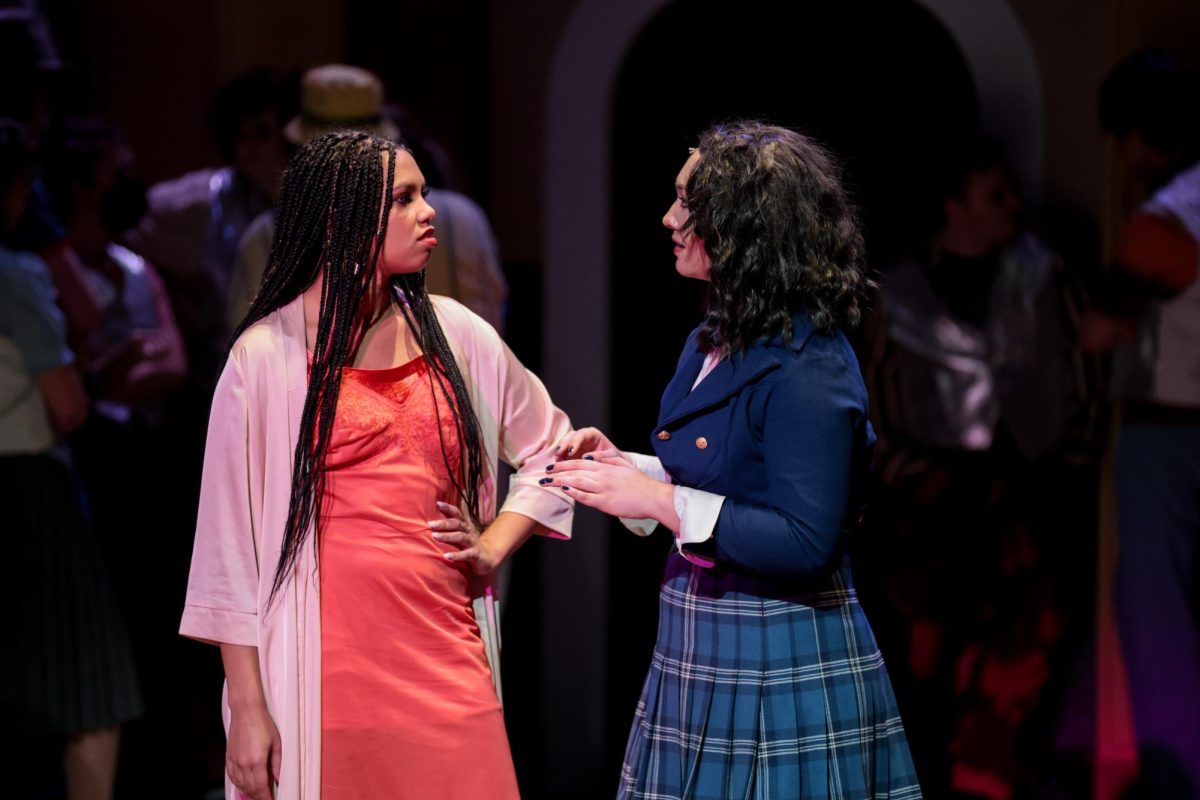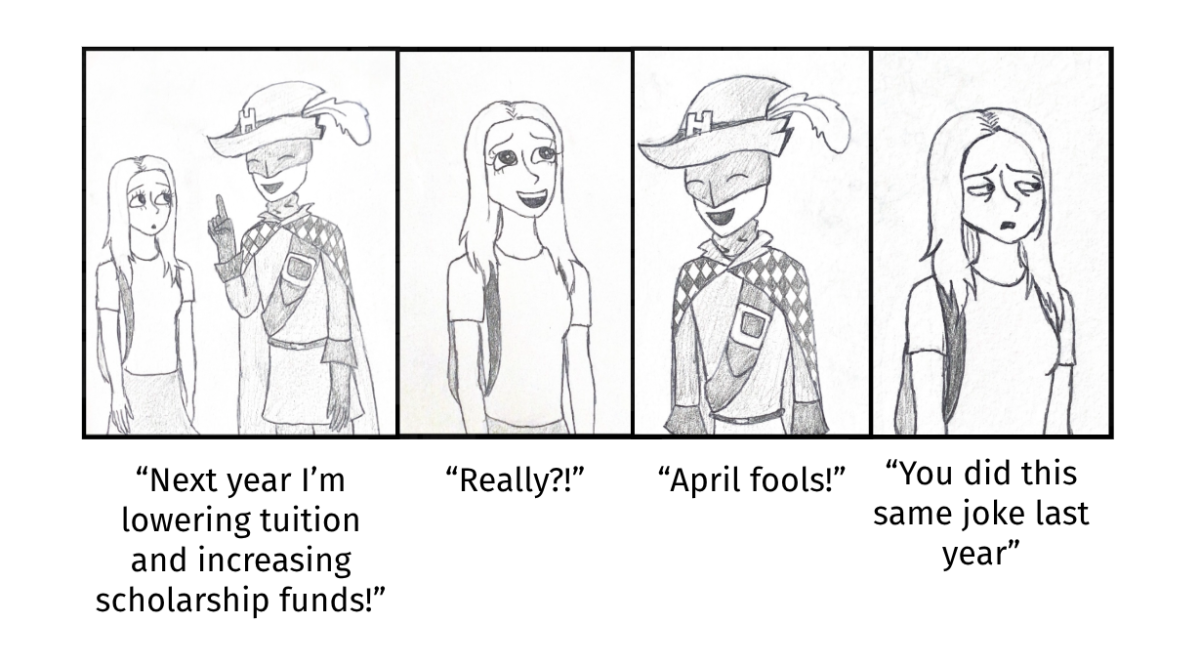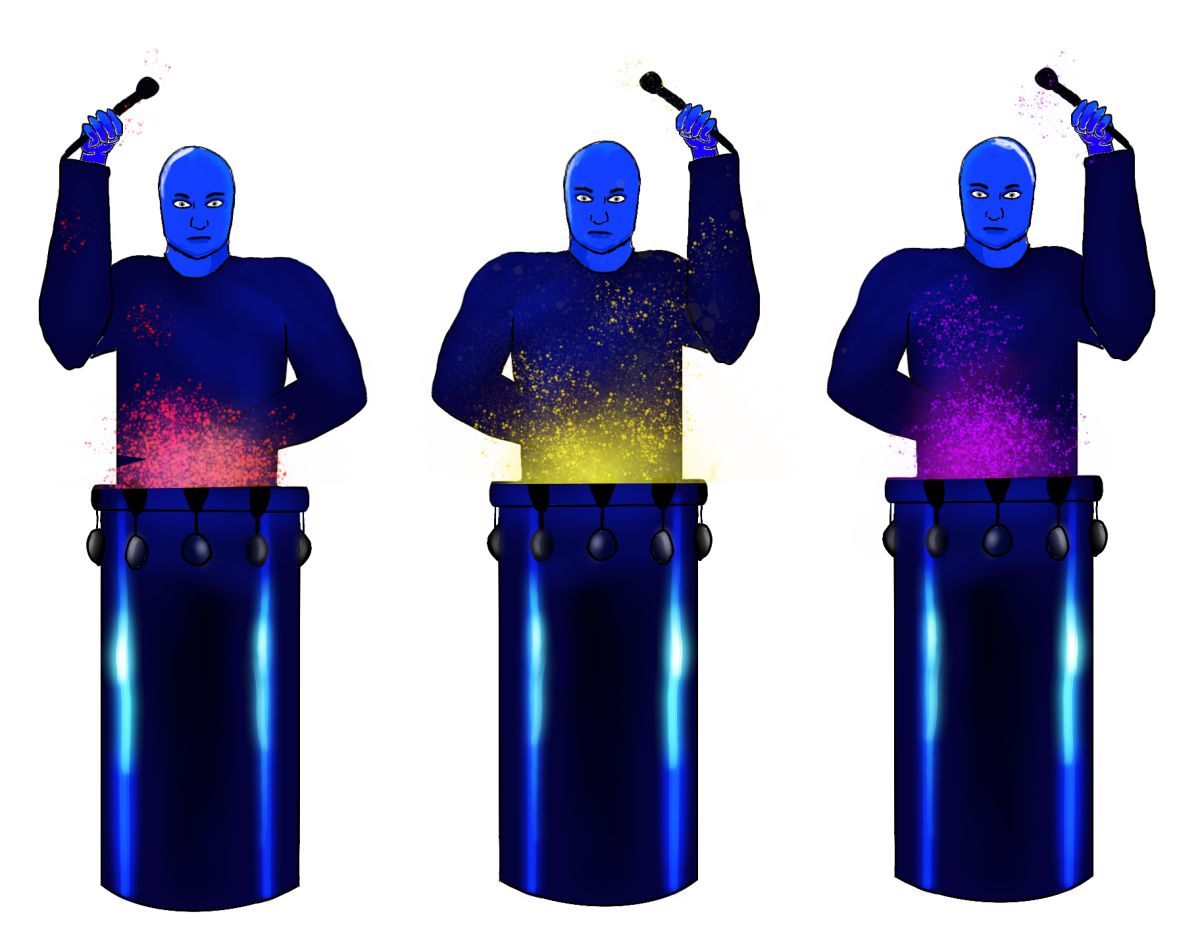Hosted by the Hedgeman Center, this year’s annual Social Justice Symposium (SJS) theme was Honoring the American Indian Movement and Native Activism. The event, designed to bring social justice leaders to campus, featured a keynote speech from Dr. Cori Bazemore-James. The week-long event hosts various speakers and discussion groups that provide important and often never-heard-before stories from notable community members.
As students prepare to finish their year, many might wonder how they will continue their growth outside of school. As important as it is for students, faculty and staff not to let their academic prowess atrophy, continued education in social justice and advocacy is vital to creating an equitable and inclusive environment.
This year’s theme focused on indigenous activism and honoring Native justice movements. Samuel Imbo, Professor of Philosophy and the Hanna Chair for the philosophy department, detailed the long-running history of the Social Justice Symposium as it continued developing over the years.
The SJS, started in 1998 by current Associate Dean of Students Carlos Sneed, was founded as a way to bring civil rights leaders to Hamline.
Bazemore-James, the Assistant Vice Provost for the University of Minnesota’s Graduate School Diversity Office and the keynote speaker for this year’s symposium, provided cultural context to land acknowledgments, a now common practice by universities and other institutions across the country.
“In indigenous communities, it’s the norm and common practice [that] if you’re visiting another community, you say thank you for inviting me into your home. I appreciate being in your homeland. It’s just part of the normal practice,” Bazemore-James said.
But for her, current land acknowledgment practices do not align with their original purpose and goal. While tokenistic and performative practices are not uncommon, Bazemore-James emphasizes the importance of authentic community repair.
“[Land acknowledgments have] evolved into empty BS statements of like, ‘this is the next diversity checkbox item, so we have to do it and then move on to the actual business of whatever we’re coming together to talk about,’” Bazemore-James said.
For students like first-year Layla Stenson, the symposium serves as a way to reconnect with her family lineage. She explained the importance of having outlets to learn about and serve her community, particularly in the spaces where she has felt disconnected.
“I have Native American lineage, so I think it’s really important for me to be able to show up and learn as much as I can just because I am a disconnected person. And the way that I do that is through connection and finding out ways that I can be of service,” Stenson said.
SJS not only serves indigenous individuals but aims to connect all who attend it to garner a larger community of support both on and off campus.
“The hope was always to expose the campus to civil rights history, especially before some of the main participants died … I hope the students can see the connections between these histories and the civil rights issues we are addressing today,” Imbo said in an email.
Bazemore-James echoed Imbo’s statement, explaining that students in particular often doubt the level of influence that they hold, especially as a larger governing body.
“Students have so much power when they’re [a] collective. One student railing against the institution, they’ll be seen as just a problem student: ‘We’re going to wait you out. You’re going to graduate,’” Bazemore-James said. “But if they come together and say, ‘We really care about faculty and staff and we really need them to be supported’, the university has to focus.”
Acknowledging the land on which we gather
Keynote speaker Dr. Cori Bazemore-James of the University of Minnesota offers new perspectives as an indigenous woman in higher education.
Alex Bailey, Junior News Editor
April 10, 2024
The keynote speech was given by Dr. Cori Bazemore-James, who shed light on the importance of native activism in higher education.
Story continues below advertisement
0
More to Discover

